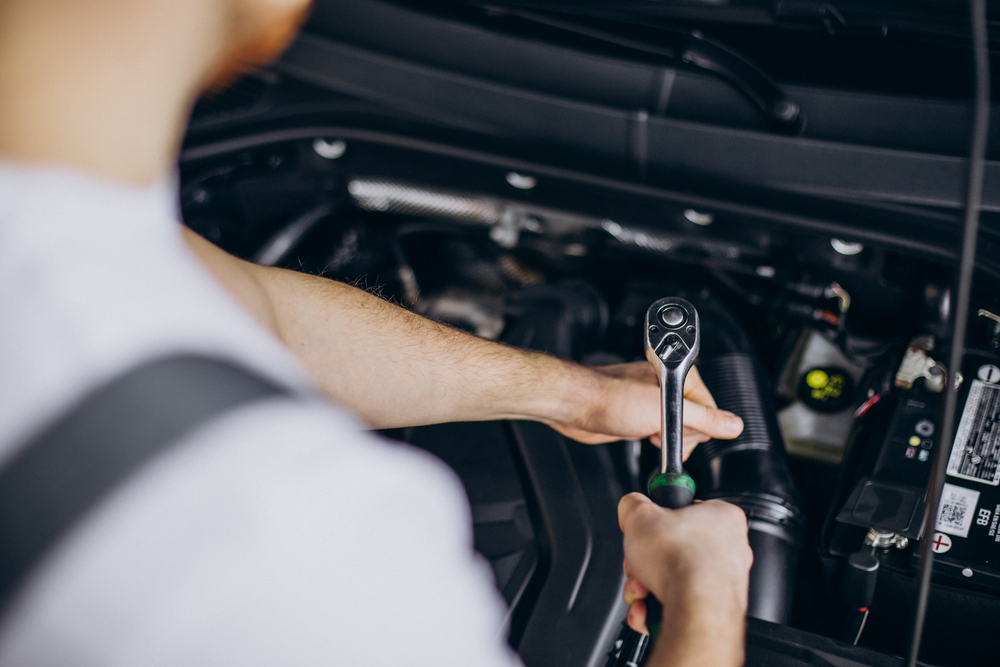Production halts have already begun as Beijing’s restrictions squeeze the auto supply chain
Others are reading now
Automakers warn that factory shutdowns have already begun, and more are likely as rare earth supplies dwindle.
European car manufacturers are grappling with production delays after China imposed new restrictions on the export of key rare earth materials. The curbs, affecting components used in both electric and combustion engines, have already caused some suppliers to halt operations — and the industry fears worse disruptions are imminent.
The controls, introduced in April, come amid heightened trade tensions following tariff increases on Chinese imports by U.S. President Donald Trump. Beijing’s response targets strategic resources essential to automotive, energy, and defense industries.
Immediate impact on production
According to the European Association of Automotive Suppliers (CLEPA), the effects are already rippling through the industry. Hundreds of export license applications have been filed with Chinese authorities, but approval rates remain alarmingly low.
Also read
With a deeply interconnected global supply chain, China’s export restrictions are already causing production stoppages in Europe’s supplier sector.
CLEPA Secretary General Benjamin Krieger emphasized the urgency of the situation, calling for coordinated responses to avoid a broader supply crisis.
Germany’s auto sector echoed those concerns. The German Association of the Automotive Industry (VDA) warned that supply shortages could soon force full-scale shutdowns across manufacturers.
China’s rare earth export controls pose a serious threat to supply security — and not just in the automotive sector.
Even where licenses have been granted, slow customs processing continues to cause delays.
This warning came from VDA President Hildegard Müller, who urged both the German government and EU institutions to raise the issue directly with Beijing.
Broader geopolitical risk
The European auto industry’s vulnerability reflects the global reliance on China for rare earth minerals. Beijing controls an estimated 60%–90% of global supply, depending on the element.
While BMW acknowledged disruptions to parts of its supply network, both Volkswagen and Mercedes-Benz reported no immediate shortages. Still, they are preparing for potential delays.
Mercedes-Benz has strategies in place for securing long-term access to critical raw materials and is working to reduce the use of heavy rare earth metals in its drivetrains.
As HotNews reports, Japanese automakers are also on alert. Nissan said it is working with the Japanese government to minimize impacts, while Suzuki has suspended production of its Swift model due to the shortage.
The crisis underscores how strategic resources — and their control — are becoming central to global economic stability. With demand for rare earths set to soar in the shift to green technologies, Europe’s dependence on Chinese exports may prove a critical weak point.


